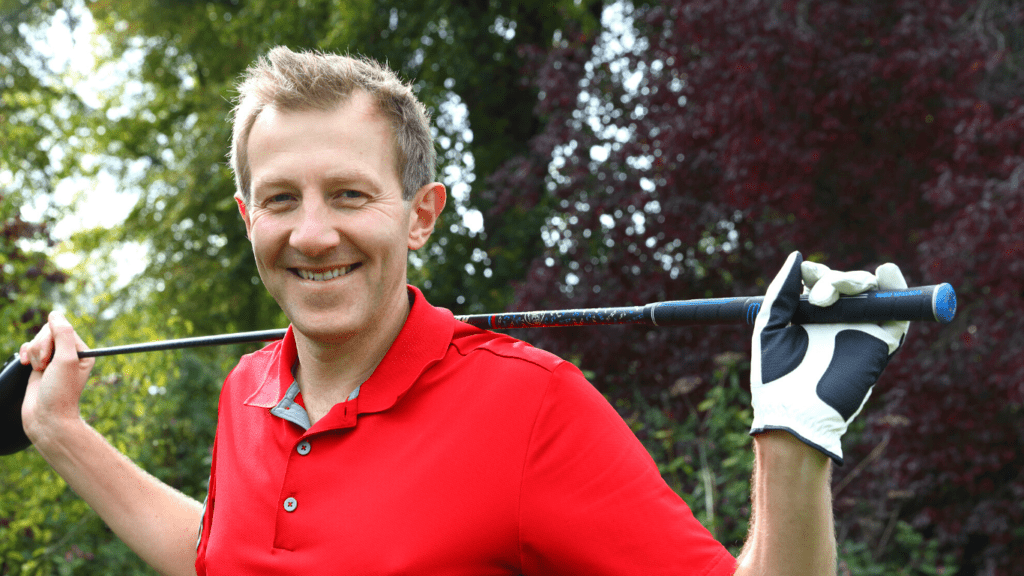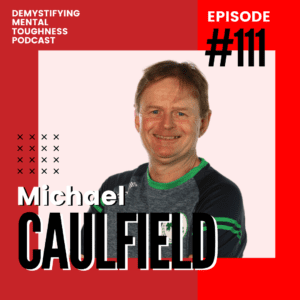How Your Money Mindset Influences Your Behaviour

Lesley Thomas is the founder of The Money Confidence Academy and host of the Let’s Talk Money and more’ Podcast. Lesley works with service based business owners and entrepreneurs, to help them improve their relationship and confidence about money. The more, we own our Money Story, the more we inspire and empower those around us. The more we defy the belief that money is not for us and talk about it from a place of confidence, the bigger the wave of change.
Having already created a very successful family business over 16 years ago, she understands the intricacies and financial responsibilities involved in owning your own business. With a considerable corporate background in sales, creative marketing and mentoring, across global joint ventures, Lesley developed a keen interest in the power of building strong relationships and synergies, resulting in an impressive portfolio of over achieving on targets. Although Lesley is an advocator for practical business principles, she also believes that in order to lead a lucrative business, you have to create a brand that sets you apart.
An ex-pat from Wales, when Lesley in not working on creating powerful money make-overs for her clients, she can be found at her home in Wiltshire – with her amazingly supportive husband and two sons, or treading the boards in her local village hall, microphone in hand, or accompanying her family to the Alpine mountains, to indulge in their favourite outdoor pursuits .
In today’s episode I chat with the author and the founder of The Money Confidence Academy, Lesley Thomas, where we discuss a subject some people are uncomfortable discussing “money”. Lesley shares valuable insights into our money mindset and how money can impact our self-worth. For psychology practitioners or business professionals we chat about pricing your services and conversations that come with this. We also highlight the relationship between your mental toughness and money.
Key Learning Points:
- A confident relationship with money starts with having a confident relationship with yourself.
- Our relationship with money starts around the age of 7 years old, based on what we hear our parents say about money.
- We often connect our relationship with money with our self-worth.
- When setting goals pure financial goals are not particularly motivating for a lot of people as they don’t create an emotional connection.
- See money as an enabler.
- Social comparison is harmful.
- When pricing your services consider the results that you are bringing for your clients.
Connect with Lesley Thomas:
Website – The Money Confidence Academy
Connect with David Charlton
Sign Up to Conversations with Kids
Download THE FOCUSED ATHLETE CHECKLIST
Join David @ The Sports Psychology Hub
Instagram, Facebook, Twitter and LinkedIn
Useful Podcast Episodes
Ep128: Paula Eddy-Wilcox – Can You Show Vulnerability and Be Mentally Tough? Yes!
Ep132: Kevin Stansfield – How Lessons from Golf can help with Game of Business
Ep133: Christina Flach – Why Mental Toughness is Important: Lessons from Sport, Business and Loss
Ep139: Steve Beharall – Steve Beharall’s Journey from Football Coach to CEO
Other Useful Resources
Blog – 5 Reasons team captains should work with a Sports Psychologist
Blog – Mental Toughness is a Hugely Valuable Trait
Blog – 5 Ways to Create a Psychological Safe Sporting Environment
Blog – Mental Health Guidance for Coaches When Supporting Athletes
IF YOU ENJOYED TODAY'S SHOW PLEASE SHARE
SUBSCRIBE AND LISTEN ON YOUR FAVOURITE AUDIO PLATFORM
Also, kindly consider taking the 60-seconds it takes to leave an honest review and rating for the podcast on iTunes, they’re extremely helpful when it comes to the ranking of the show and we read every single one of them!

Best Wishes
David Charlton
Global Sports Psychologist who is located near Newcastle Upon Tyne, UK and willing to travel Internationally. David also uses online video conferencing software (Zoom, Facetime, WhatsApp) on a regular basis and has clients who he has supported in USA, Canada, South America, UAE, Australian and New Zealand.
Managing Director – Inspiring Sporting Excellence and Founder of The Sports Psychology Hub. With over 10 years experience supporting athletes, coaches, parents and teams to achieve their goals, quickly.
T: +44 7734 697769
















